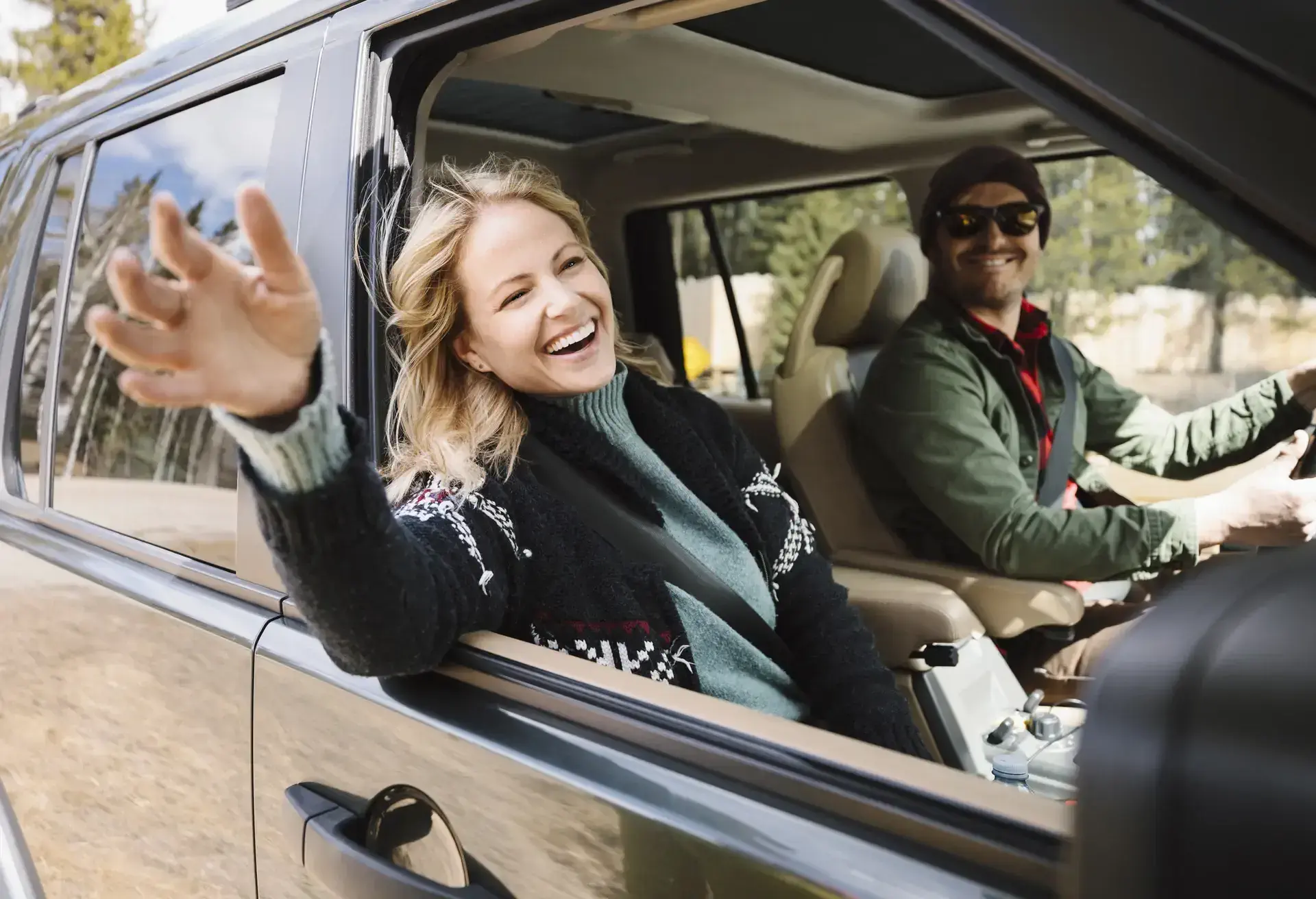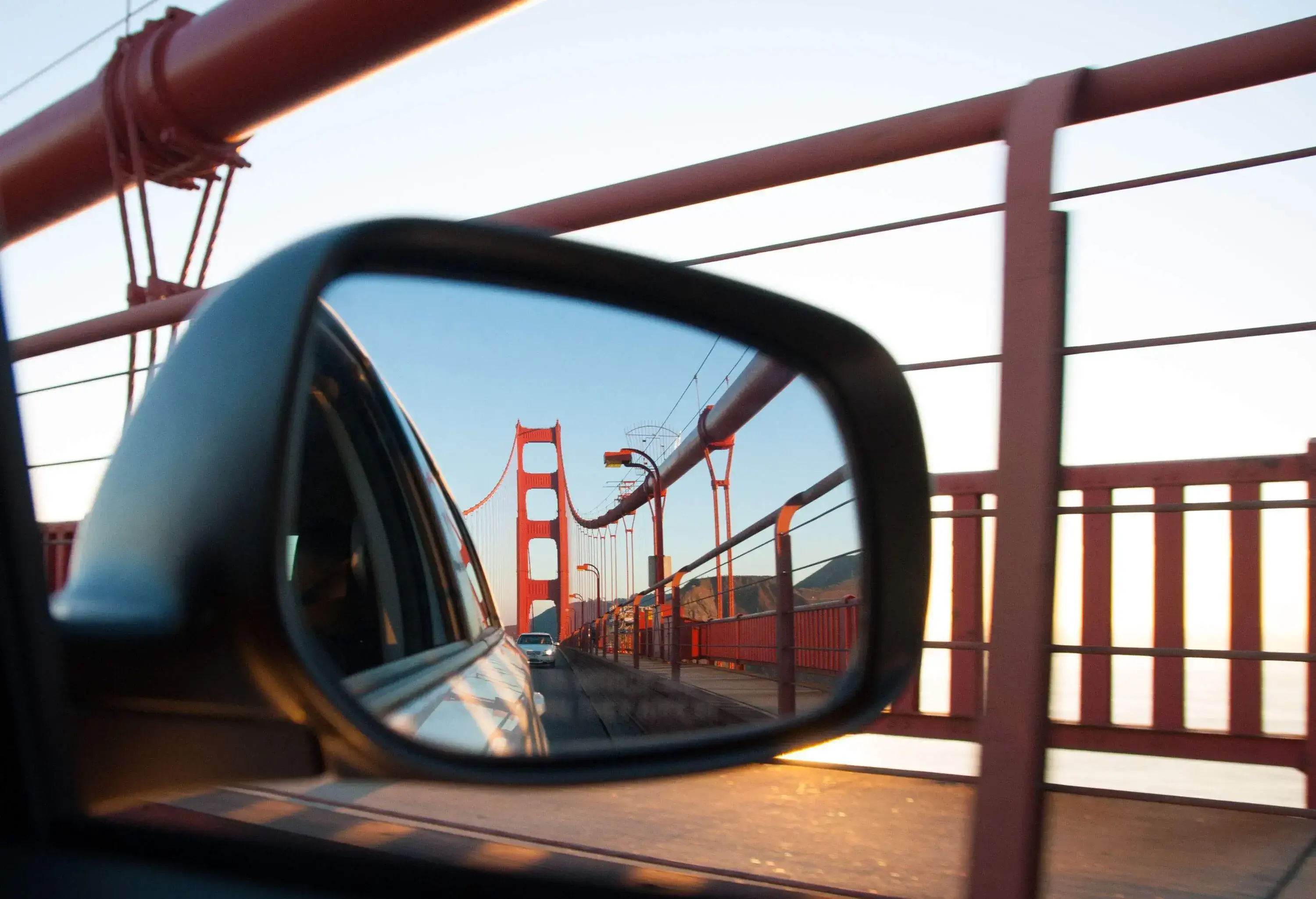

The ultimate Car Hire guide
Everything you need to know about car hire. More than 20 different guides, written by travel experts, to make your journey easier.
Thinking about hiring a car for your next trip but not sure where to start? We get it. Between finding the best price, understanding what is included and staying up-to-date on changing policies, it can be a lot to manage. Luckily for you, our Car Hire Guide has everything you need to get started.
How does Car Hire work
Some of your biggest questions
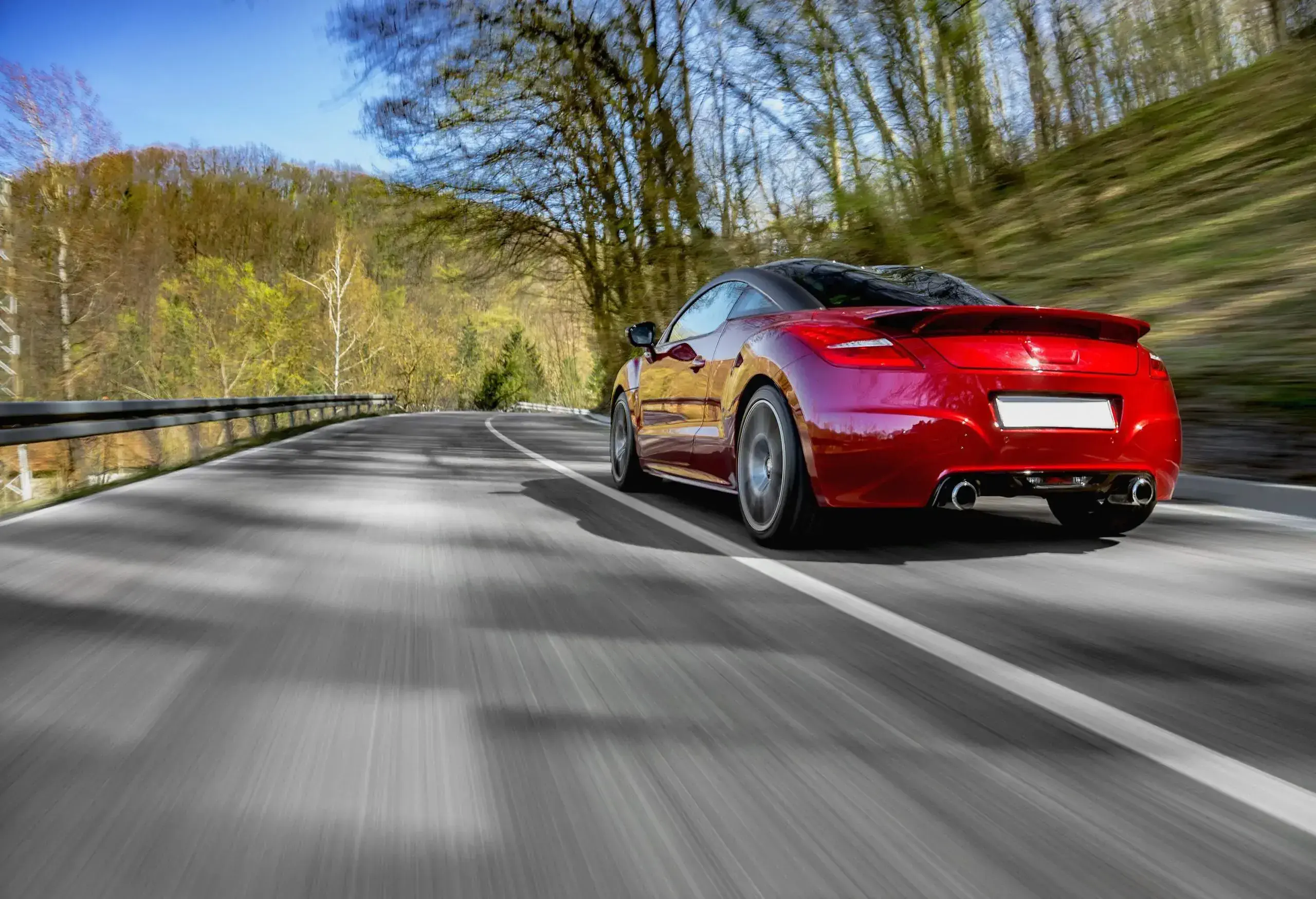
How to choose the perfect car type?
Learn about the various car hire categories with different features and characteristics that suit different hiring needs.

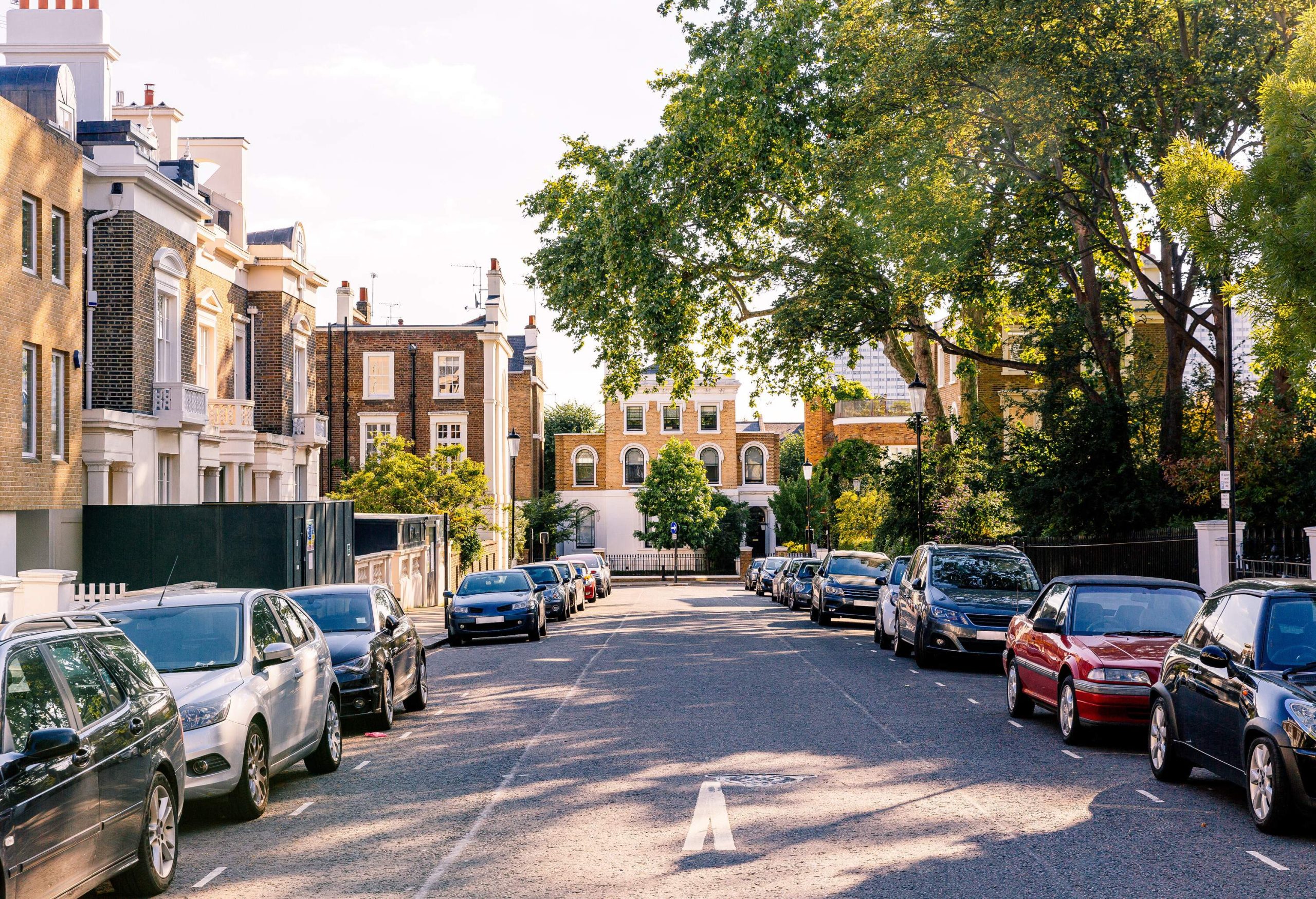
Search for hire cars
Quick tips and tricks
Road trip ideas
How did KAYAK build this guide?
As a travel expert and a leading car rental comparison platform, KAYAK and its teams have created the ultimate car rental guide. To achieve this, we have relied on data, our analysis of consumer expectations and needs, as well as the experience and expertise of our writers who have personally used car rental services in numerous countries. We hope that the various guides produced will effectively address questions related to car rentals in the UK and abroad.
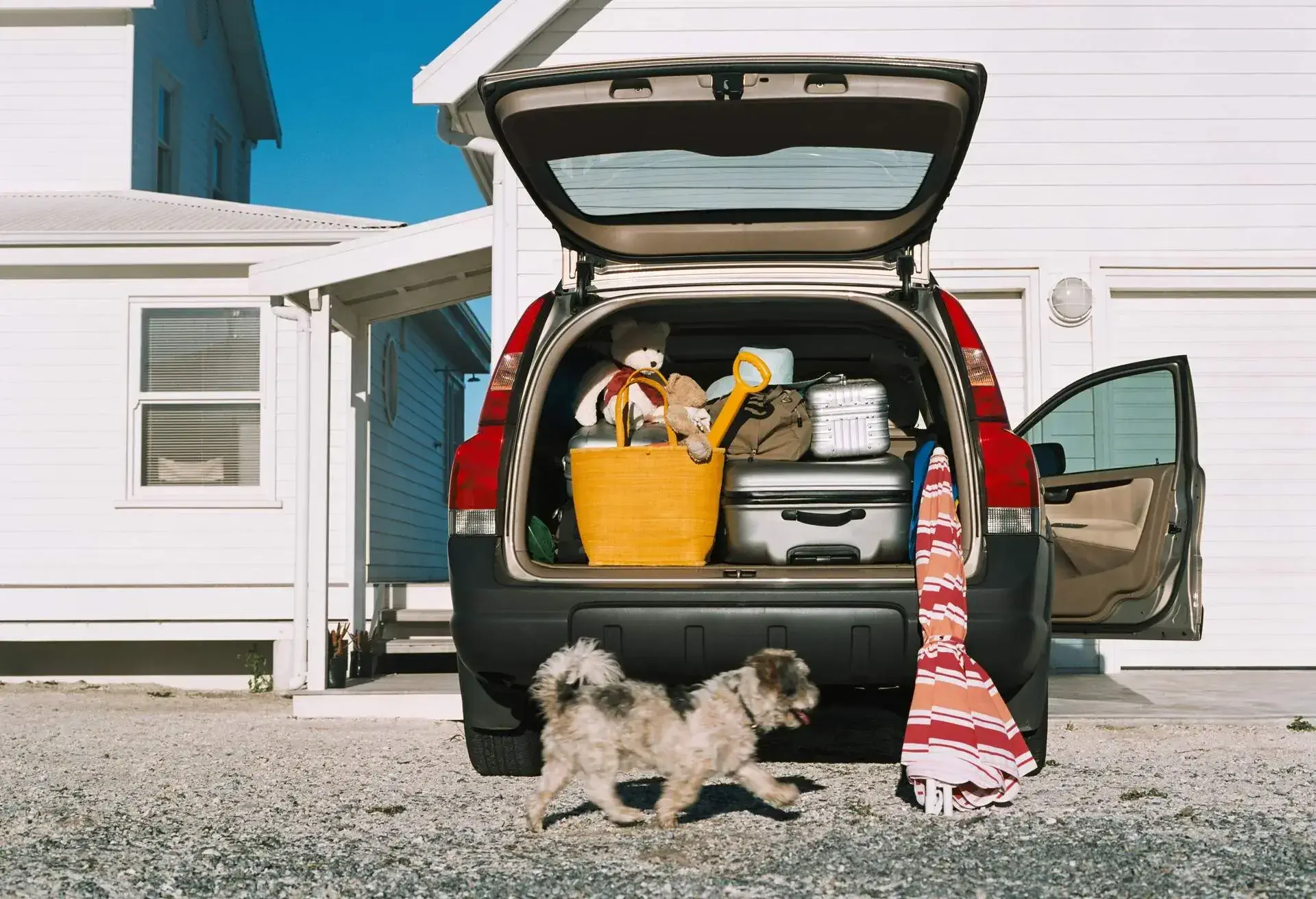
Car Hire lingo and FAQs
All our answers to the car rental related questions you can have, to make the process more understandable to you. Don’t hesitate to read our in-dept guides if you want to learn more about a topic.
It’s easy to book a hire car with KAYAK. Simply search for the dates where you’ll need your car, choose an offer and a location that works for you, click through to the provider, and follow the instructions on their page. On the day, you’ll need to bring some documentation with you to pick up the car like your driving licence and a method of payment (usually a credit card). If you carry a UK driving licence, you may need to produce a code using the DVLA website which will allow the company to check your licence record – usually you’ll be told in advance about this. Keep in mind you might need a second piece of identification if your driving licence is your primary ID such as a passport or national ID card. Once you’ve signed the hire contract with the company, they will provide you with the keys and you’ll be ready to go. Don’t forget to check for any damages that previous drivers may have inflicted before leaving the agency – that way you’ll avoid potentially being made liable for them when you come to return the car.
Select your dates, filter the type of car you want, check whether the deal suits, and complete your booking.
This will vary and in some countries, a young driver’s fee is applied to drivers aged 25 or below. Be sure to research this in advance! Learn more about age regulations in different countries.
Most car hires are round-trip, meaning you drop off the car at the same place you picked it up from. One-way car hires mean you drop the car off at a different location. Bear in mind that many companies will charge extra fees if you do make the decision to drop the car off in a different city.
Depending on the company you’re hiring the car from and the contract you agree upon booking, there may be certain restrictions in terms of mileage. Some companies express this as a maximum mileage amount, others as a “daily mileage” limit, but they still work out the same as, generally, it is the total amount driven that counts. If you are planning to drive long distances or want to be more flexible with your plans, make sure to look for an offer labelled “unlimited mileage”.
A car hire with unlimited mileage means you can drive as far as you like without having to worry about surcharges. Bear in mind that companies may still charge fees if you cross international borders or state/provincial lines in the US and Canada. Learn more
Some car hire companies offer different options for refuelling your car. On a full-to-empty policy, your car is supplied with a full tank which you pay for on collection. You are not required to refuel the car before returning it, but you won’t be refunded for any fuel left in the tank. It is, therefore, advisable to return the car empty, or as empty as possible. A full-to-full policy means you will need to refuel the car just before returning it, meaning the car will need to be returned with the same level of fuel it had when you picked it up, as otherwise hefty refuelling fees may be imposed.
If you’re thinking of taking your hire car on a ferry, you will need to first check the specific regulations of the company you’re hiring from. Some companies will be fine with it, but some will not allow you to take the car onto a ferry, even if you’re staying in the same country or state you picked it up in. It is, therefore, worth having a brief look over your insurance policy to ensure that you are covered just in case the car is damaged during a crossing. Make sure that you research this well in advance and ask the hire company any questions you need answers to prior to picking the car up.
If you’re hiring a car in Europe or North America, it is safe to assume that smoking is prohibited within the vehicle. When you return the car, it will be inspected, and any evidence of smoking such as smells, ash or burn marks will likely land you a cleaning fee or even charges to cover damage to the car’s interior. Bear in mind that in the UK as well as France, Canada and in some states in the US such as California and New York, it is illegal to smoke if you are driving with a minor in the car. Outside Europe and North America, policies and laws may vary, which is why you should make sure you check the terms of your contract with the respective hire company.
Most car hire companies allow dogs in their cars, as long as you return the car in the same condition you picked it up in. Bear in mind that most companies do not provide any equipment for pet owners, so you would need to bring your own. It is probably worth bringing a blanket to reduce dog hair, pet odours or any mud inside the car, as this may lead to a cleaning fee. To be 100% sure, double check with the hire company prior to booking your trip whether they accept dogs.




